Why Is My Bearded Dragon Lazy? 10 Reasons and Solutions
Bearded dragons are fascinating creatures that make great pets! These lizards have unique personalities and are known for their playful and lively nature. So, when your bearded dragon is suddenly lethargic, you might start to wonder why.
Whether your bearded dragon is sleeping all day or seems uninterested in their food or surroundings, there are several reasons why your pet may be acting lazy. In this blog post, we’ll take a look at the top 10 reasons why your bearded dragon may be acting lazy and what you can do to help.
1. Inadequate lighting
Bearded dragons require plenty of UVB lighting to stay healthy. Without it, they may become lethargic and uninterested in their surroundings. If you suspect that your bearded dragon’s lighting is inadequate or needs to be replaced, talk to your vet or a reptile specialist for recommendations.

2. Incorrect temperatures
Bearded dragons are cold-blooded reptiles that require specific temperatures to regulate their body heat. If their environment is too cold or too hot, they may become lethargic and lose their appetite. Make sure the temperature in their enclosure is set to the appropriate range, which should be between 75-85 degrees Fahrenheit.

3. Digestive issues
If your bearded dragon is experiencing digestive issues, it may cause them to feel lethargic and uninterested in food or play. Common digestive issues in bearded dragons include constipation, impaction, or parasites. If you suspect your bearded dragon is experiencing digestive issues, contact your vet for a checkup.
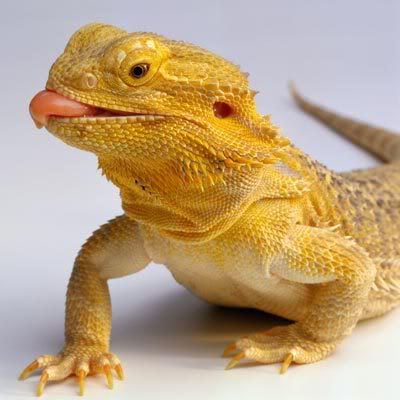
4. Stress
Like humans, bearded dragons can experience stress. Things like loud noises, being handled too much, or competition with other bearded dragons may cause your pet to feel anxious and become lethargic. Create a peaceful environment for your bearded dragon and avoid stressful interactions.
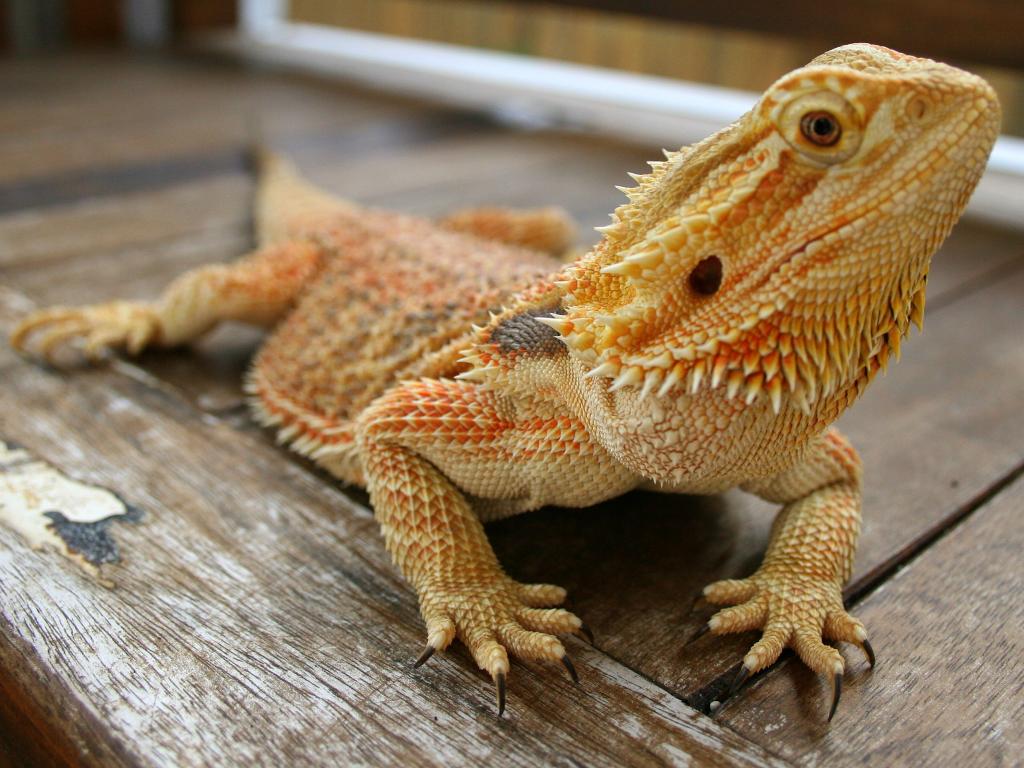
5. Seasonal changes
Bearded dragons are sensitive to seasonal changes and may become lethargic during the winter months. If you notice your bearded dragon is acting lazy, try adjusting their lighting and temperature to simulate the warmer months.
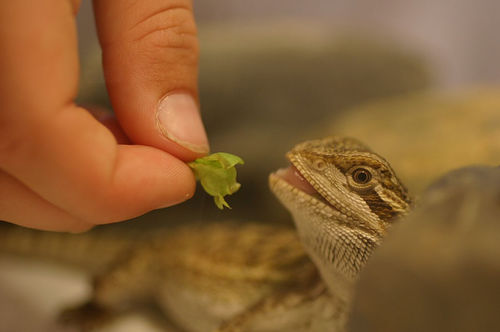
6. Illness
If your bearded dragon is acting unusually lazy, it may be a sign of illness. Symptoms like lethargy, lack of appetite, and respiratory issues may indicate a serious health problem. Contact your vet immediately if you suspect your bearded dragon is sick.

7. Aging
As bearded dragons age, they may become less active and more prone to laziness. While some aging is natural, it’s important to keep an eye on your bearded dragon’s behavior and health. Talk to your vet about special accommodations for senior bearded dragons.

8. Lack of stimulation
Bearded dragons love to play and explore, so a lack of stimulation may cause them to become bored and lethargic. Try adding new toys, changing up their enclosure, or taking them outside for a bit of outdoor exploration.
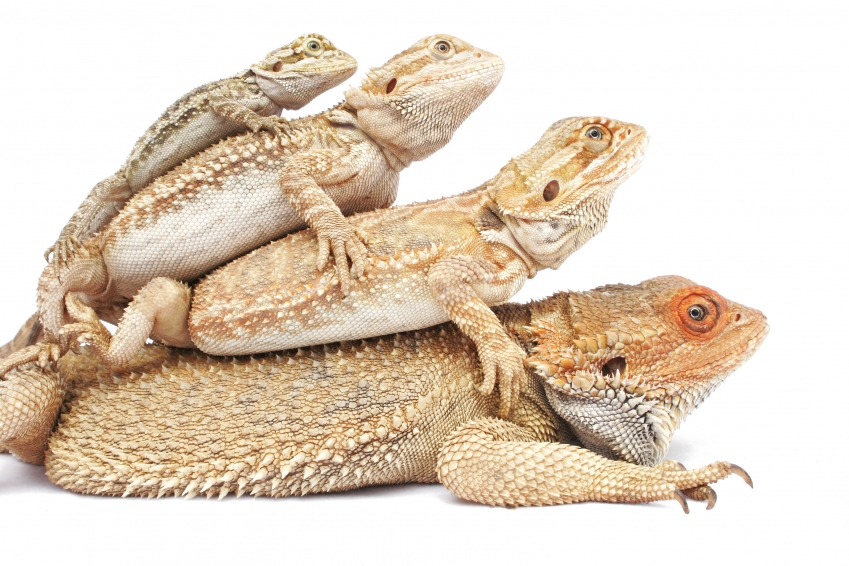
9. Diet
A poor diet may cause bearded dragons to become lethargic and uninterested in food or activity. Make sure your pet is receiving a balanced and nutritious diet consisting of fresh greens, insects, and calcium supplements as necessary.
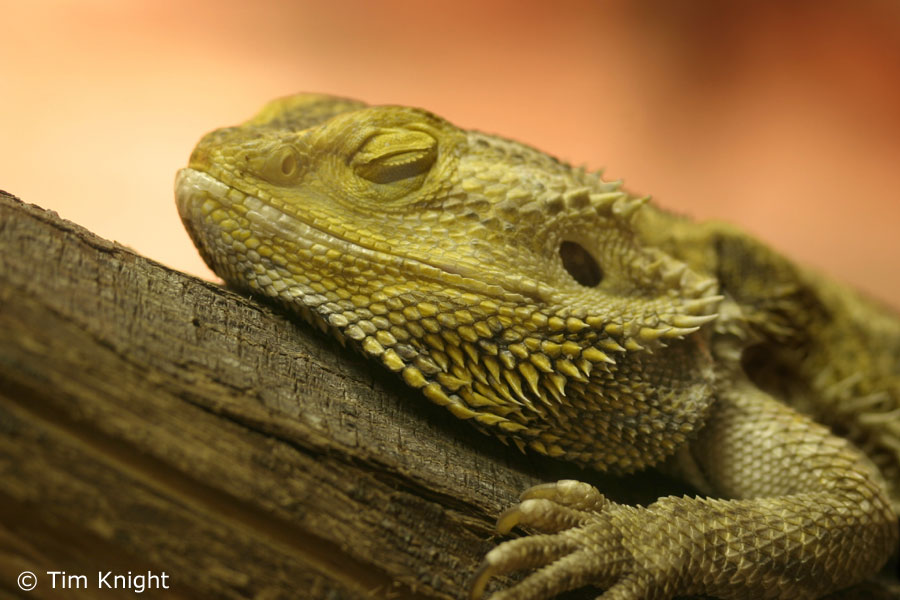
10. New environment
If you’ve recently moved or made changes to your bearded dragon’s enclosure, it may cause them to feel stressed and become lazy. Give your pet some time to adjust to their new environment and provide plenty of comfort and care during the transition.

Conclusion
There are several reasons why your bearded dragon may be acting lazy, but with a little attention and care, you can help your pet feel happy and healthy again. Remember to regularly check their lighting and temperature, provide a balanced diet and plenty of stimulation, and contact your vet if you suspect your bearded dragon is experiencing health issues.
